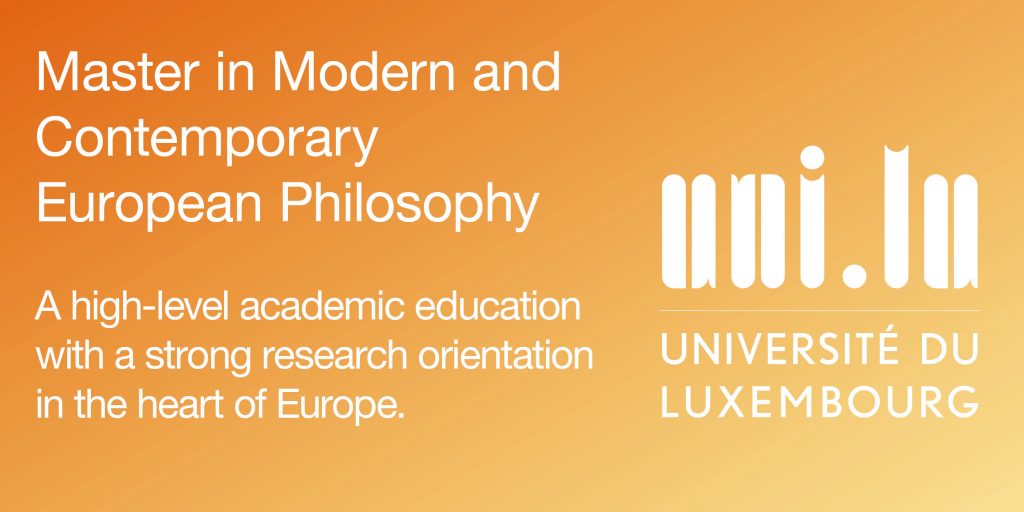APA Announces Routledge, Taylor & Francis Prize Winners
Each year, the American Philosophical Association (APA) awards the Routledge, Taylor & Francis Prize, given to the two best published articles in philosophy written by its members who hold adjunct or limited term academic appointments.
The 2019 winners are:
- Tyke Nunez (University of South Carolina) for his “Logical Mistakes, Logical Aliens, and the Laws of Kant’s Pure General Logic,” which is now out in Mind.
Abstract: There are two ways interpreters have tended to understand the nature of the laws of Kant’s pure general logic. On the first, these laws are unconditional norms for how we ought to think, and will govern anything that counts as thinking. On the second, these laws are formal criteria for being a thought, and violating them makes a putative thought not a thought. These traditions are in tension insofar as the first depends on the possibility of thoughts that violate these laws, and the second makes violation impossible. In this essay I develop an interpretation of Kant’s pure general logic that overcomes this tension. It accounts for the possibility of logical mistakes, as the first tradition does, while still establishing the absolute impossibility of logical aliens, as the second tradition does. I then argue that the formalist insight that illogical exercises of the understanding are not alternate ways coherent thoughts could have been, but are mere confusions, is fundamental for achieving a proper understanding of the absolute normativity of the laws of pure general logic.and
- William D’Alessandro (University of Illinois, Chicago) for his “Viewing-as Explanations and Ontic Dependence,” forthcoming in Philosophical Studies. Abstract: According to a widespread view in metaphysics and philosophy of science (the ‘‘Dependence Thesis’’), all explanations involve relations of ontic dependence between the items appearing in the explanandum and the items appearing in the explanans. I argue that a family of mathematical cases, which I call ‘‘viewing-as explanations’’, are incompatible with the Dependence Thesis. These cases, I claim, feature genuine explanations that aren’t supported by ontic dependence relations. Hence the thesis isn’t true in general. The first part of the paper defends this claim and discusses its significance. The second part of the paper considers whether viewing-as explanations occur in the empirical sciences, focusing on the case of so-called fictional models (such as Bohr’s model of the atom). It’s sometimes suggested that fictional models can be explanatory even though they fail to represent actual worldly dependence relations. Whether or not such models explain, I suggest, depends on whether we think scientific explanations necessarily give information relevant to intervention and control. Finally, I argue that counterfactual approaches to explanation also have trouble accommodating viewing-as cases.
Each winner will receive a prize of $1000. The award is sponsored by the Routledge, Taylor & Francis Group.
You can read more about the prize and see a list of previous winners here. This year’s prize announcement is here.




That’s the UIC philosophy library in the background!! Congrats, Bill!